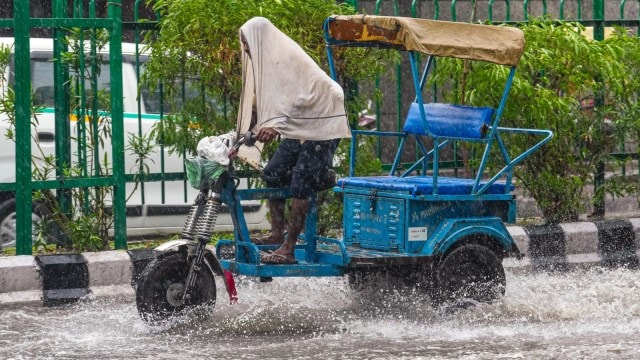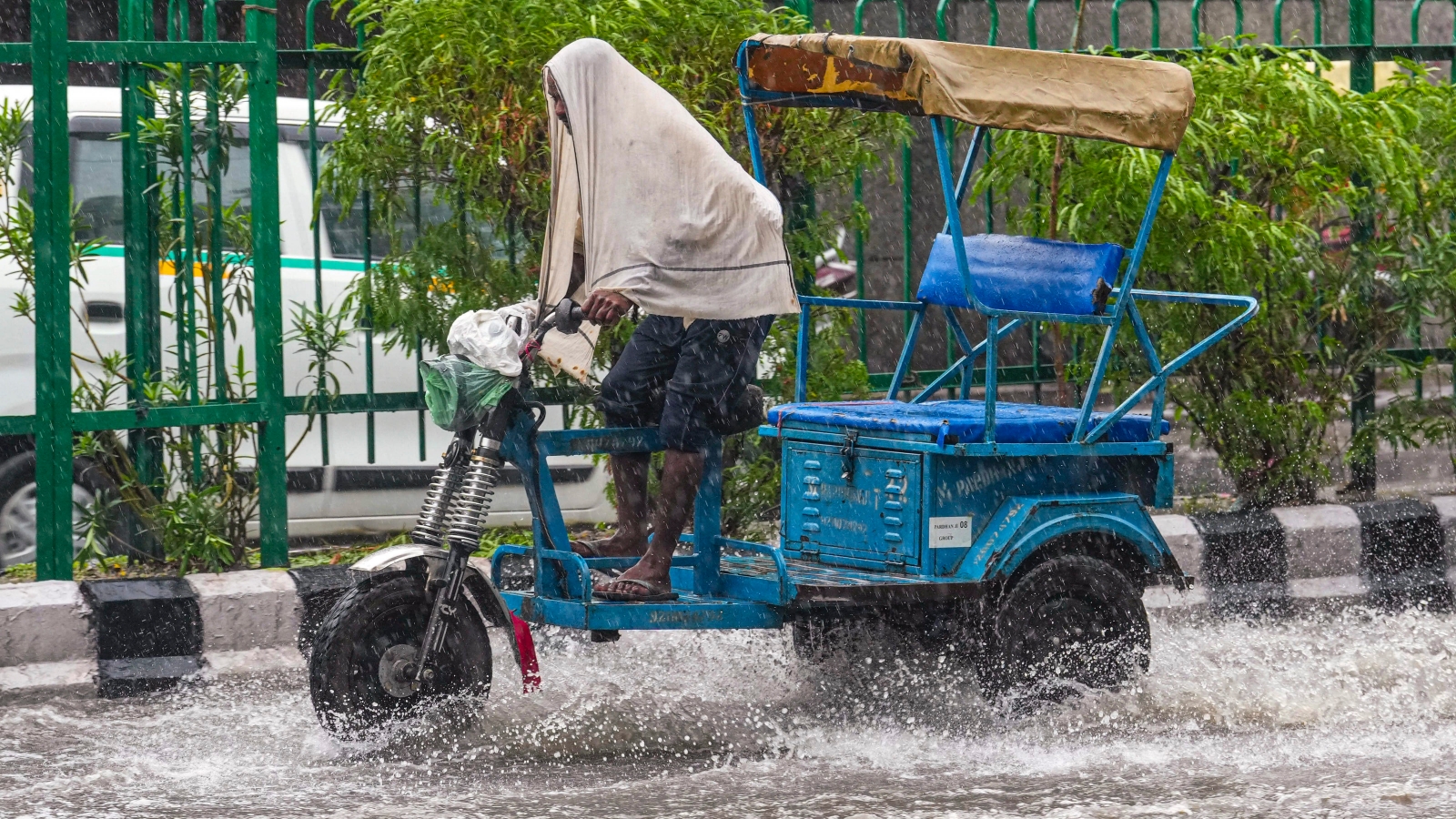
After a long, hot summer, the torrential downpour that hit Delhi was welcome. However, widespread waterlogging with power outages and submerged roads have caused severe traffic disruptions all over the city, exposing the shortcomings in our local bodies’ ability to deliver essential public services. And since the monsoon season has just begun, these issues are likely to worsen in the coming weeks. Therefore, it is crucial to identify who should be held accountable when things go wrong and explore how citizens can contribute to improving the city’s well-being.
Government agencies like the public works department (PWD) and municipal corporations (MC) shoulder responsibilities like creating public infrastructure and providing for services like sanitation. Given that these activities have an impact on the quality of our daily lives, it becomes necessary to have a reliable and easy-to-approach channel between citizens and local bodies to raise concerns and seek redressal. Contrary to popular belief, reaching out to urban local bodies (ULBs) in Delhi is uncomplicated. In 2006, the National e-Governance Plan (NegP) was initiated with the objective of leveraging information and communication technology to improve municipal services. Online complaint forums offer an alternative solution for bridging the gap between citizens and ULBs.
A few months ago, my sights were set on issues that irked me the most, hoping for resolution from entities like the PWD, New Delhi Municipal Corporation (NDMC), and Municipal Corporation of Delhi (MCD). To my surprise, a user-friendly complaint submission forum existed for all these bodies. The process was comparable to raising complaints about a product on Amazon or Myntra. However, the area where government entities differ from private bodies is the lack of standardised procedures and accountability mechanisms. There are no guidelines about the timeline of resolutions and no recourse for dissatisfied citizens beyond the initial acknowledgement of the complaint. Given the opacity in the timeline and process for complaint resolution, the difference in quality and pace of redressal across urban bodies could be due to the difference in the commitment of the leadership of these local bodies in addressing concerns of the citizens and what systems they have set in place for the same.
Both PWD and NDMC were proactive in the resolution of my concerns. For instance, I had complained on the PWD forum regarding a damaged road near my house. Within four days of complaining about road repairs, a crew was working on-site throughout the night. By day nine, I received a completion message and a request for feedback. Although the repairs initially seemed incomplete, my feedback prompted a phone call the next day. By the 15th day, the work was finally finished, and the case was closed.
Next, I compared the cleanliness efforts of the MCD and NDMC, by filing complaints about two separate issues. Since 2022, North Delhi Municipal Corporation (MC), South Delhi MC and East Delhi MC have been merged into one. With MCD, I lodged a complaint regarding a road I used on my way to work which had transformed into a garbage dump in the North Delhi region. To the NDMC, I complained about the griminess of the metro station entrance near my office. While both acknowledged the receipt, the MCD’s response remained elusive even after nearly two months.
To escalate this further, I filed a Right to Information (RTI) request with the district commissioner seeking the status of my complaint and enquired about the accountability mechanism; if any was in place. The RTI response addressed the first part of the question, saying that the work was completed, and ignored the second part entirely. Disappointingly, the road remains a garbage dump. In stark contrast, NDMC resolved the metro station issue within seven days. Even a month later, the entry point undergoes daily cleaning, maintaining its cleanliness throughout the day.
This contrast between the ULBs is reflected in municipal corporation rankings as well. In the Municipal Performance Index 2020 by MoHUA, NDMC ranked first out of 60 cities which have a population of less than a million, and has a high score of 52.92 per cent. North Delhi MC ranked 48th out of 51 cities which have a population of more than a million, and has one of the lowest scores of 37.66 per cent.
My experience highlights two crucial points. While empowering ULBs is often emphasised, accountability should be an equally significant part of the discussion. These bodies manage aspects that deeply impact our daily lives and serve as our first point of contact with the government. Shouldn’t clear laws and guidelines govern grievance resolution timelines and processes? Secondly, despite its imperfections, the online complaint forum is effective in bridging the gap between the citizens and urban bodies. Filing a complaint took less than 10 minutes, and I saw positive outcomes in two out of three cases.
Active citizen participation is vital in tackling community challenges and providing ULBs with valuable feedback to improve their internal operations. I urge others to utilise this platform and follow through to see if action has been taken or not — it’s crucial for Delhi’s residents to proactively reach out to their municipalities. This can help address critical issues like road repairs, drain cleaning, and general sanitation, ultimately minimising the monsoon’s impact.
The writer is a research associate at the Centre for Social and Economic Progress (CSEP). The views expressed are the writer’s own and not those of CSEP
© The Indian Express Pvt Ltd
First uploaded on: 10-07-2024 at 18:03 IST



